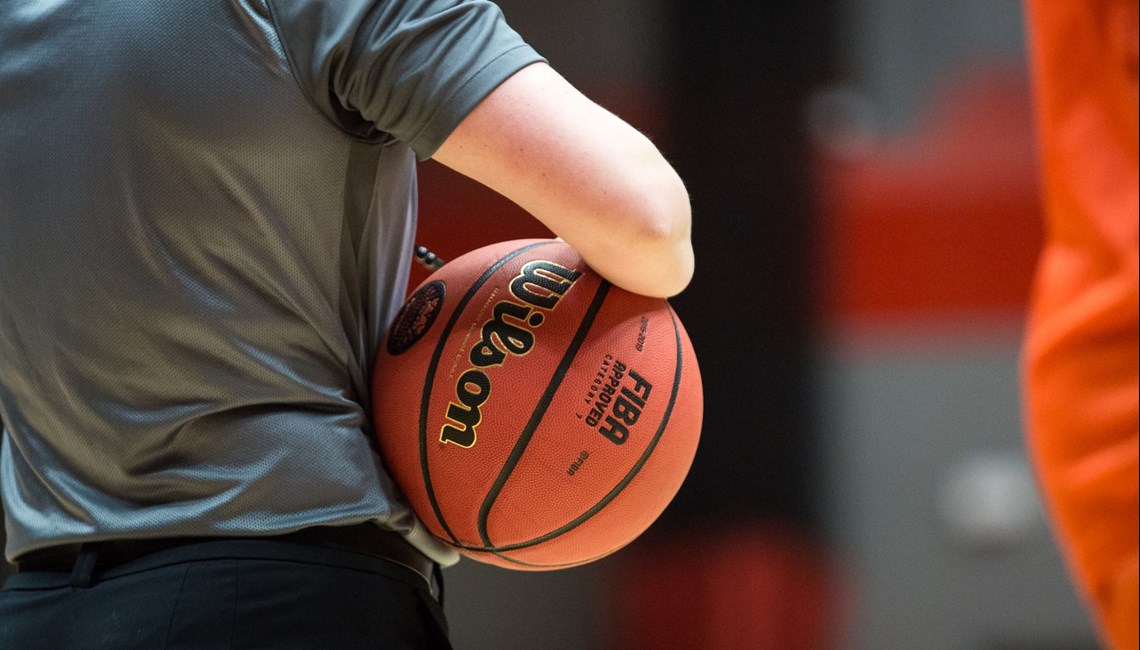
This page has information on what the role of a Club Welfare Officer entails and what information & skills that person requires. If you are looking to appoint a Club Welfare Officer, this is the right place.
A CWO plays a huge role in safeguarding. CWOs are responsible for supporting a positive and safeguarding central environment, promoting and implementing policy, procedure and guidance, acting as the first point of contact for concerns, and linking with the national governing body.
Clubs have a duty of care to everyone engaging in their activities and need to ensure that U18s and adults at risk are in a safe and welcoming space, ensuring you have a visible CWO is one step to achieving this.
It is mandatory that all clubs have a club welfare officer. It is good practice, and recommended for larger clubs, to have two club welfare officers and that one of these is not part of the club’s coaching team.
Details of the CWO should also be recorded on the club portal
You must hold a clear enhanced DBS certificate which is valid within the last 3 years and recorded on your Basketball England membership portal (if your club has U18s)
You must have completed the Basketball England safeguarding course and the club welfare officer safeguarding course (if your club has U18s). To access these courses, click here.

It is advised that you don’t share information with those who do not need to know, rush into any action, make promises that cannot be kept or take sole responsibility for the concern.
It is not your responsibility to undertake investigations.
The new national network implemented to support CWOs. The network can help with promoting good practice and safe sport, adding capacity and expertise to existing safeguarding work. Click here to find out more and for the contact details of your local SWO.
The Basketball England safeguarding page can be accessed from this link.
The BE Policy and Guidance has lots of useful information relating to appropriate communication for clubs, photography and video guidance, social media policy, duty of care and more.
The BE safeguarding policy is always a good document to look over.
The club safeguarding poster ensures everyone at the club knows who to contact when they need to speak to their CWO.
Basketball England safeguarding podcasts contain lots of information about the importance of reporting low level concerns, conduct for clubs, what constitutes poor practice and more:
Basketball England safeguarding blog:
Safeguarding Children – thecpsu.org.uk (resource library: link)
The Online Protection Of Children – ceop.police.uk or mariecollinsfoundation.org.uk
Safeguarding Of Adults At Risk – anncrafttrust.org
If a child or adult is in immediate danger always call 999
National governing body safeguarding team [email protected]
County or regional safeguarding officers
NSPCC 0808 800 5000
If you wish to become a verifier to verify DBS checks for members of your club, please contact the safeguarding team using the button below.
